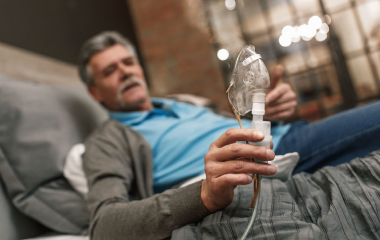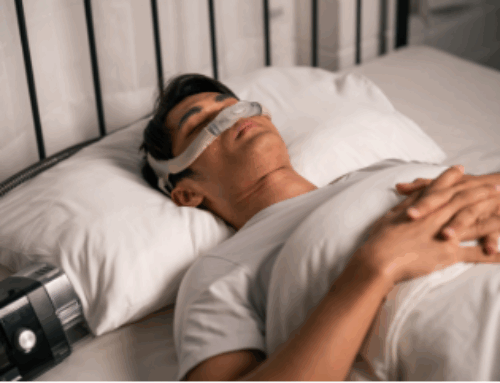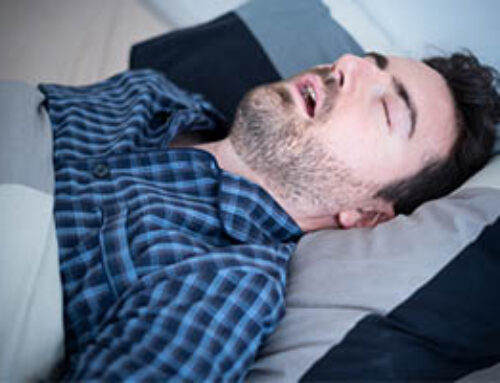Post–traumatic stress disorder (PTSD) in returning combat veterans with comorbid obstructive sleep apnea (OSA) is associated with significantly worse continuous positive airway pressure (CPAP) adherence compared to a similar population of patients without PTSD, according to a new study.
“Current combat veterans are a particularly vulnerable population due to psychiatric diseases such as PTSD, depression and anxiety, substance use, traumatic brain injuries and multiple injuries often associated with disability and chronic pain,” said lead author Jacob Collen, MD, Maj., MC, U.S. Army, Pulmonary, Critical Care and Sleep Medicine fellow at Walter Reed National Military Medical Center in Bethesda, Md. “Sleep disordered breathing is highly prevalent and has been demonstrated to worsen outcomes in patients with psychiatric disease, and prior, smaller studies have demonstrated that CPAP therapy may improve outcomes in patients with PTSD and obstructive sleep apnea.”
The study, which will appear in the December 15, 2012 edition of the Journal of Clinical Sleep Medicine, involved 90 patients with newly diagnosed OSA who initiated CPAP therapy (45 with combat-related PTSD and 45 controls). Results show that regular use of CPAP was significantly less common among patients with PTSD and was observed in 25.2 percent, compared with 58.3 percent among patients without PTSD. Greater adherence with CPAP was observed among patients with PTSD who were chronically using sedatives.
The authors were surprised to find that concurrent use of unspecified sedative agents was associated with improved CPAP compliance in patients with PTSD. Given the near universal use of multiple psychoactive medications in this population, it was not possible to discern which agents were responsible. However, in previous studies, they have demonstrated that use of nonbenzodiazepine sedative hypnotics, a group of drugs used to treat insomnia, improves short-term CPAP compliance.
“Given the multiple health concerns these soldiers face, and the rise in suicides in returning veterans, it is critical that we look for viable strategies to improve their overall health,” said Collen. “Patients with PTSD tend to have worse adherence with a number of medical therapies, which creates a barrier to improving clinical outcomes. This study makes it clear that we need to do a better job at optimizing CPAP compliance in this population.”
The project mentor for this study was Christopher Lettieri, MD, Lt. Col., MC, U.S. Army, Chief of Sleep Medicine at Walter Reed National Military Medical Center in Bethesda, Md.





